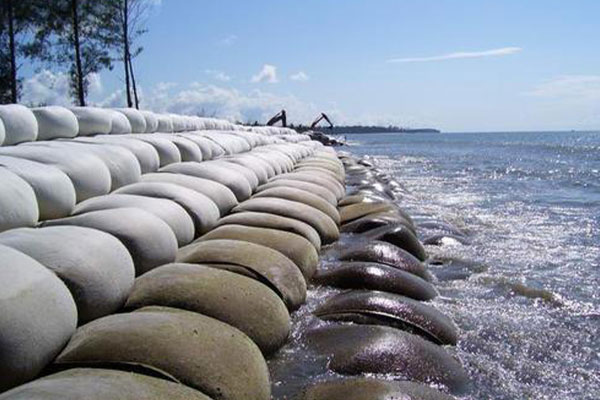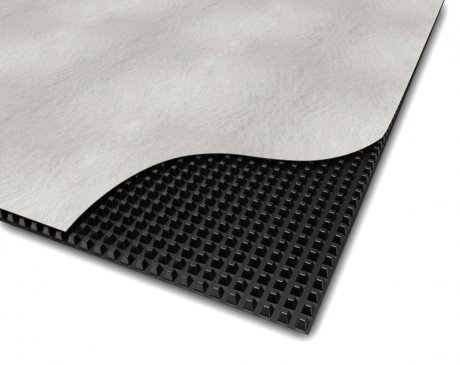Benefits of HDPE Pipes Over PVC and Other Alternatives
HDPE pipes, PVC pipes, and a few other alternatives are widely used for a variety of plumbing needs. While all of them serve a similar purpose and share similar characteristics, all of them are not the same. For example, all these pipes are lightweight, corrosion- and chemical-resistant, and made of plastic. However, they differ from each other when it comes to the degree of each of these qualities and their purpose of application. Therefore many factors will need to be taken into consideration when choosing the right pipe to suit your needs.
In recent years, HDPE pipes have become a strong choice over PVC and other alternative pipes for various applications. Read on to learn more about the major benefits of HDPE pipes over their counterparts.
What is an HDPE Pipe ?
An HDPE pipe, which is made from thermoplastic high-density polyethylene, is an excellent channel for the transmission of various gases, fluids, wastes, stormwater, etc. The HDPE material has the ability to withstand high pressure and harsh chemicals owing to its strong molecular bonds and high molecular density. In addition, HDPE pipes have gained significant popularity in many industries due to their low weight and high corrosion resistance.
1. Flexibility, Chemical Stability, and Strength
HDPE pipes are often used in water and wastewater applications due to their strength and flexibility. Unlike PVC or other alternative pipes, a HDPE pipe can be used in place of metal or concrete pipelines. However, HDPE pipes allow the transportation of fluids in a range of temperatures between -220°F and 180°F, although it is recommended to not use HDPE pipes for transporting fluids over 122°F.
2. Longer Lifespan
HDPE pipes are reputed for having a longer lifespan when compared to PVC and other alternative pipes. Even though PVC pipes, which are made from vinyl polymer, have a considerable lifespan, pipes made from HDPE material last longer, while holding out against rain, heat, wind, or cold. Moreover, the failure rate of HDPE pipes is relatively low when compared to PVC or other alternative pipes.
3. Versatile Installation Process
There are several methods of installing HDPE pipes including open trench installation, horizontal drilling or drop burial. HDPE pipes are applicable in low pressure and tight bending radius situations due to the soft and flexible properties of HDPE materials. On the contrary, PVC pipes are utilised in open trench or drop burial installations, and are applicable for relatively longer bending radii.
4. Leak-Free,Heat-Fused Joints
Gasket or glueing sealant is used to join PVC pipes, whereas HDPE pipes are joined via heat fusion. In contrast to the use of a gasket or glueing sealant, the heat fusion method completely prevents fluids or gases from leaking. This protects the environment from being contaminated with wastewater or any other harmful substances. Similarly, the heat fusion of HDPE pipes in water supply systems ensures the quality of drinking water, because contaminants cannot enter the pipes.
5. Non-Requirement of Digging
PVC pipes and other alternatives are typically used for irrigation purposes where digging is possible, but HDPE pipes have a distinct advantage when digging is difficult or impossible. For instance, HDPE pipes are extensively utilised in golf course irrigation systems, as digging up the course to lay the piping would be counterproductive.
6. High Pressure Tolerance
Even though HDPE, PVC, and other alternative pipes are manufactured to withstand standard surge pressures in pipelines, there are different threshold levels unique to each type of pipe in relation to handling pressure surges. Here, HDPE pipes come out on top, as they can tolerate higher pressure levels. While PVC pipes are typically able to withstand 100 psi above their pressure class, HDPE pipes can handle twice this amount. Additionally, HDPE pipes are able to handle a higher flow rate than PVC and other alternatives. A flow rate of 14 feet per second is the typical upper bound for HDPE pipes before the pressure rating drops, whereas for PVC pipes, this value is only 5.5 feet per second.
7. Extensive Range of Applications
PVC and other alternative pipes generally have limited applications within certain industries. However, HDPE is extensively utilised in a wide range of applications across a variety of industries. For example, the most common applications of HDPE pipes are in petroleum, chemicals, and natural gas gathering and transmission pipeline systems, but they are also used in water, wastewater, sanitary, and storm sewer systems.
Contact Wall Tag for First-Rate HDPE Pipes in Singapore!
Find solutions for all your piping requirements under one roof at Wall Tag Pte Ltd. Wall Tag is the industry leader in supplying high-quality HDPE pipes in Singapore. Our experienced team of individuals will help you find the finest-quality products for your specific application needs. Click here to visit our official website or call us on (65) 5398 0308 to choose the right piping system for your project.



